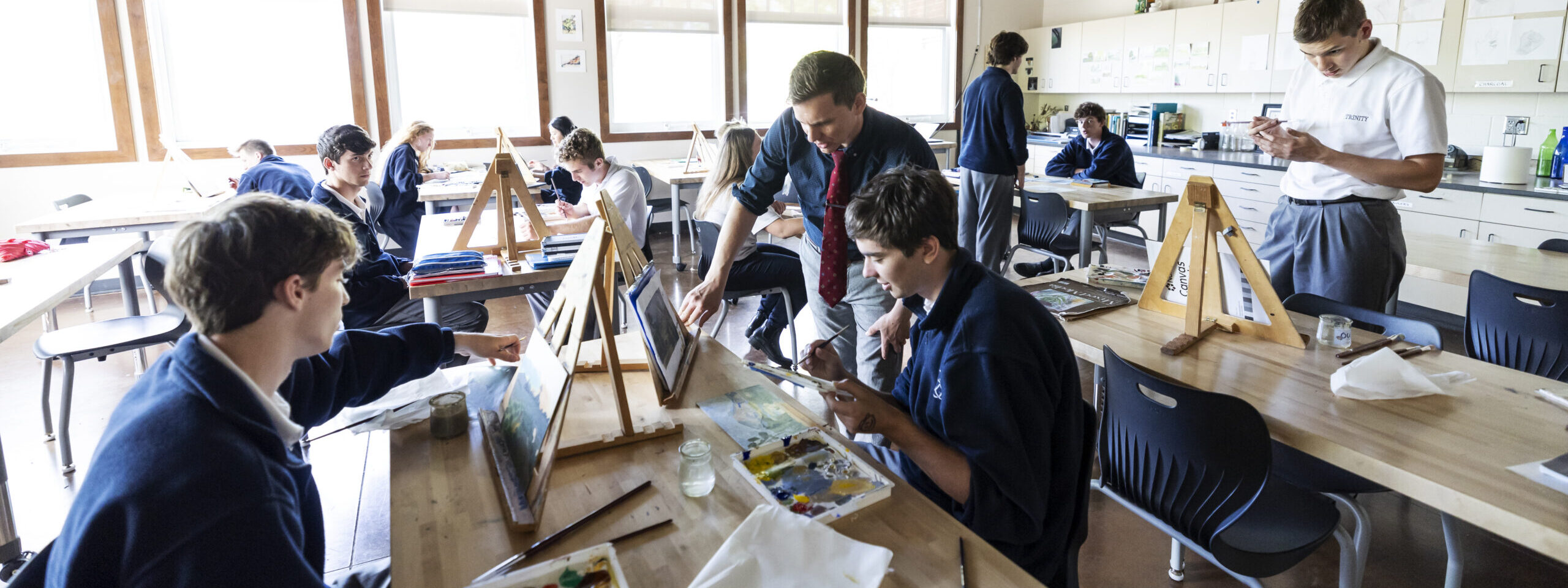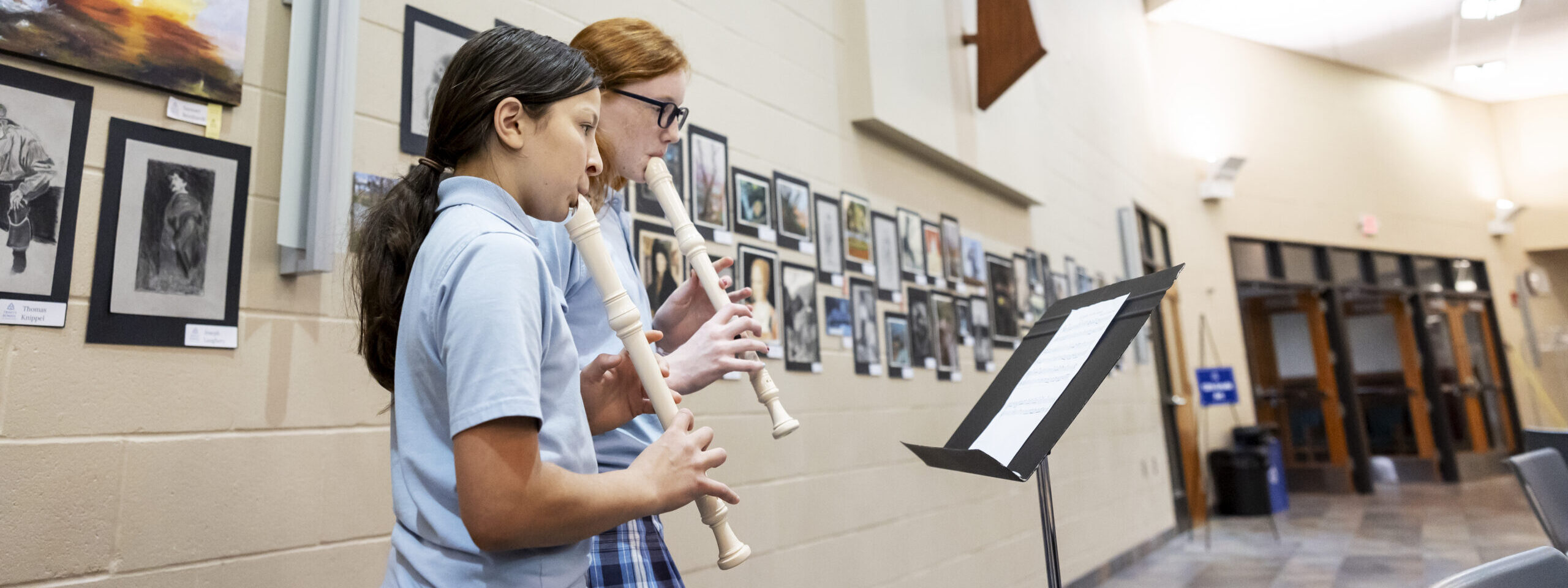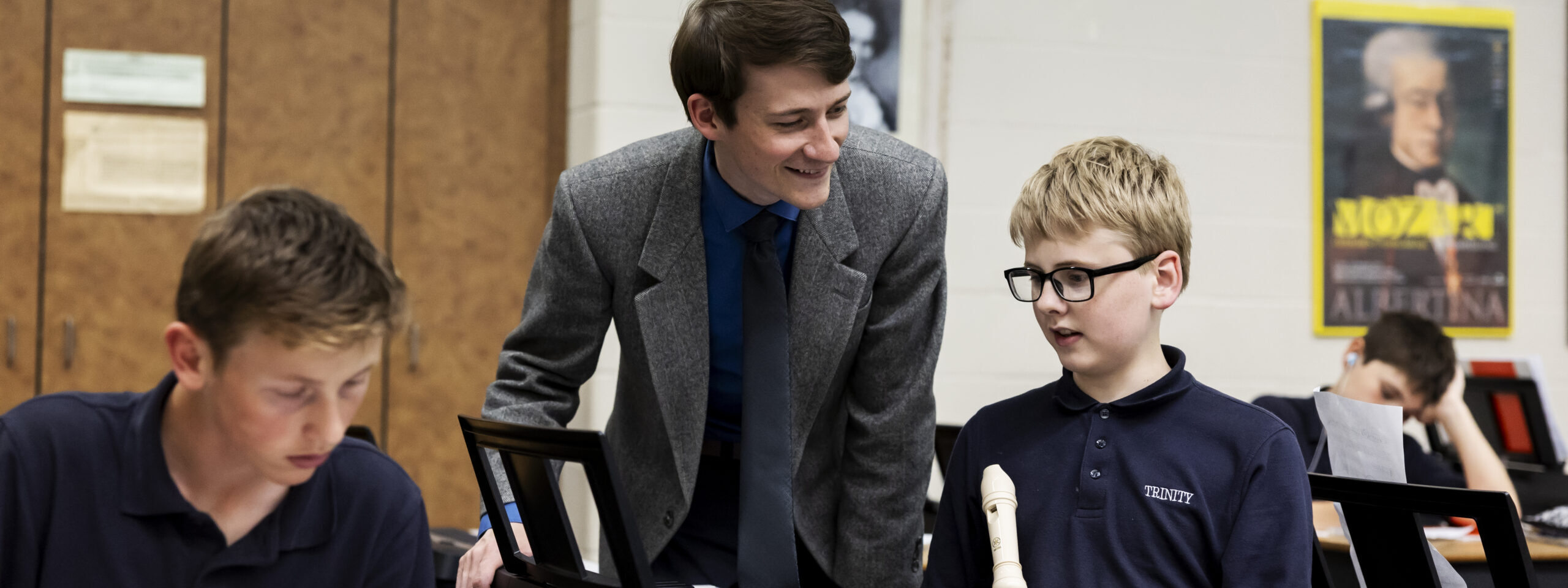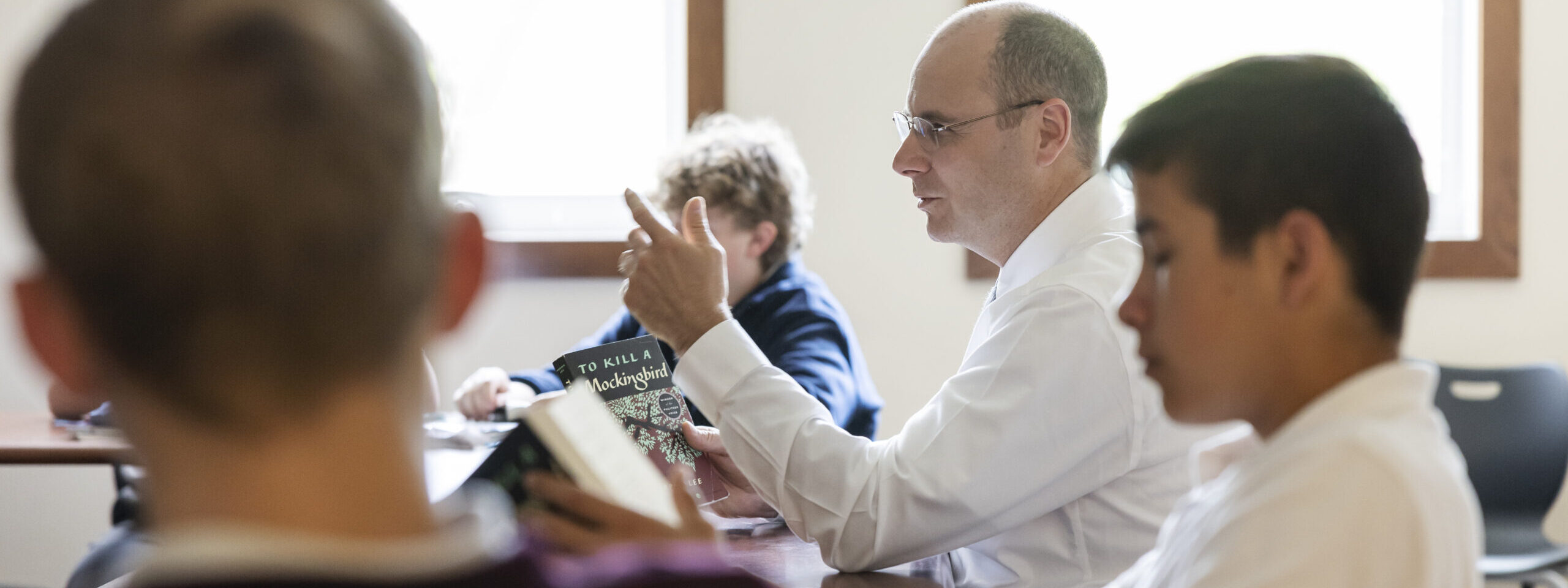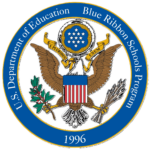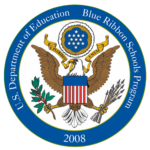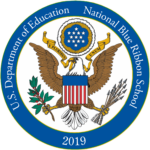“All genuine learning is active, not passive.
Mortimer Adler, Paideia Proposal
It involves the use of the mind, not just the memory.”
The education of the young is essential to the transmission of life from one generation to the next. Therefore, it is one of the most important human activities. Through education we pass on our culture and heritage. We prepare students for meaningful and creative adult lives. We aid in the formation of intellectual and aesthetic sensibilities so that young people can be guided by the highest ideals.
At Trinity Schools, we provide an education which is at once disciplined and creative, intellectual and moral, an education firmly planted in the soil of the Christian tradition.
The best way to learn is in the context of an authentic culture of learning. The vitality of that culture is dependent on effective leadership in the classroom. The faculty member’s knowledge, intellectual curiosity, preparedness, dynamism and love for the students and the subject matter, establishes the culture. Students respond to this culture and their performances are measured against it.
Any intellectual or aesthetic habit of mind that marks the school’s culture is modeled by the teacher. Any expressed form of pedagogy we use always rests principally on the primacy of the faculty member’s leadership.
A Trinity School education is characterized by three essential elements: ordered knowledge, basic skills and the habitual vision of greatness.
Ordered knowledge is the knowledge most worth having. This includes knowledge of God and his revelation (religion and theology)—knowledge of what he has made and holds in material creation (natural science), and knowledge of God’s special creation, humanity, in its thinking (mathematics, philosophy and literature) and achievements (history and the arts).
Basic skills are necessary to enable students to learn effectively. These include the ability to listen attentively, to stick to the point, to speak clearly, to write effectively and to read critically. In addition, these skills include competence in mathematical computation, in scientific analysis, and a reading knowledge in at least one language other than English. Finally, any well-educated person should possess proficiency in the making of beautiful things (drawing, painting, music, and drama) and in the habits of mind necessary for considered judgments and charitable behavior in a civilized community.
The habitual vision of greatness includes the development of the moral imagination, of worthy hopes, of ideals and character. Students develop personal norms derived from their familiarity with the very best in what is good, true, and beautiful. “Finally, brethren, whatever is true, whatever is honorable, whatever is just, whatever is pure, whatever is lovely, whatever is gracious, if there is any excellence, if there is anything worthy of praise, think about these things.” (Philippians 4:8)
For more information on our educational approach, curriculum, educational environment or a specific subject area, follow one of the links below.

